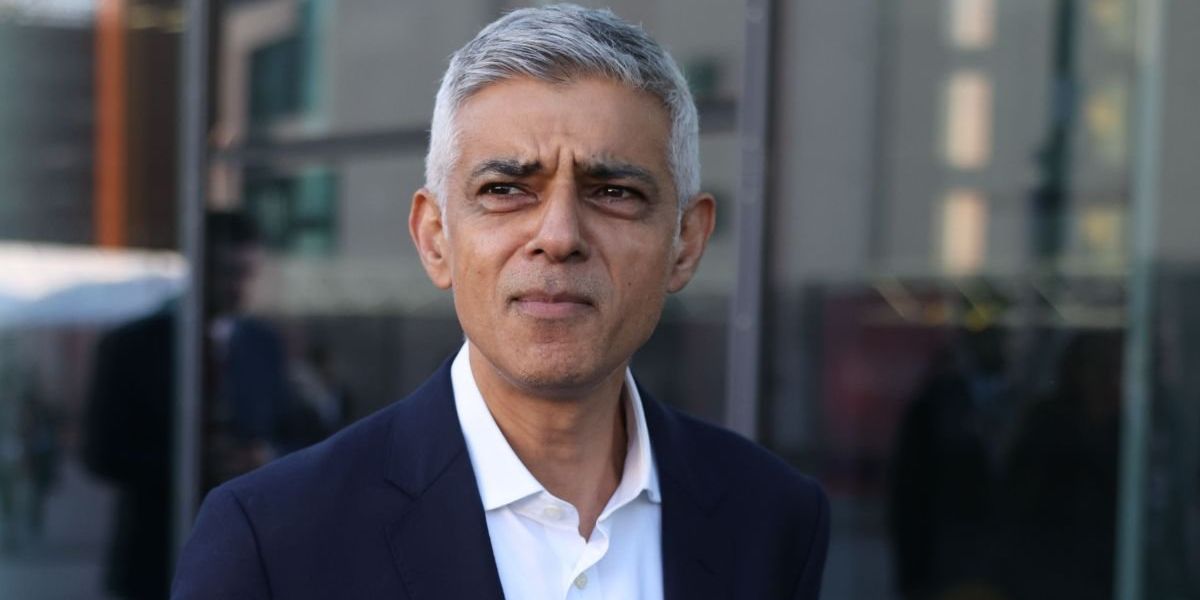International Leaders Call for Immediate Aid to Gaza Amid Humanitarian Crisis
The humanitarian situation in Gaza has reached a critical point, with international leaders including Sir Keir Starmer and Ursula von der Leyen calling for immediate action to alleviate the suffering of civilians. The blockade imposed by Israel has severely restricted the flow of essential supplies into Gaza, leading to what many describe as an 'unacceptable' and 'intolerable' situation. The European Commission president emphasized the urgency of lifting the blockade to allow humanitarian aid to reach those in need without delay.
Benjamin Netanyahu's government has acknowledged the international pressure to address the crisis, announcing plans to allow a 'basic' amount of aid into Gaza to prevent a hunger crisis. However, critics argue that the measures proposed are insufficient to meet the overwhelming needs of the population. The UN has highlighted the dire situation, noting that the aid cleared to enter Gaza is merely 'a drop in the ocean' compared to what is required.
The calls for action come amid growing concern over the long-term impact of the blockade on Gaza's civilian population. Leaders have stressed the importance of not politicizing humanitarian aid and have called for a ceasefire and the release of hostages as steps towards a permanent resolution to the hostilities. The emphasis on a two-state solution as the only viable path to peace underscores the complexity of the crisis and the need for a comprehensive approach to address its root causes.
As the international community rallies to respond to the crisis in Gaza, the focus remains on ensuring that aid reaches those most in need without further delay. The situation serves as a stark reminder of the human cost of conflict and the importance of international cooperation in addressing humanitarian crises. The voices of leaders like Starmer and von der Leyen highlight the global consensus on the need for immediate action to alleviate the suffering in Gaza and work towards a lasting peace.





